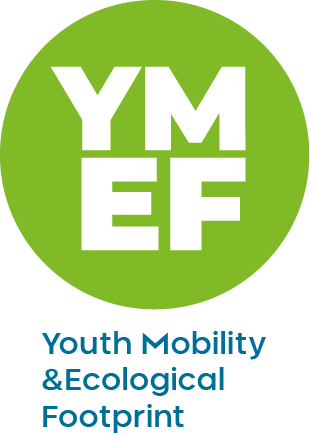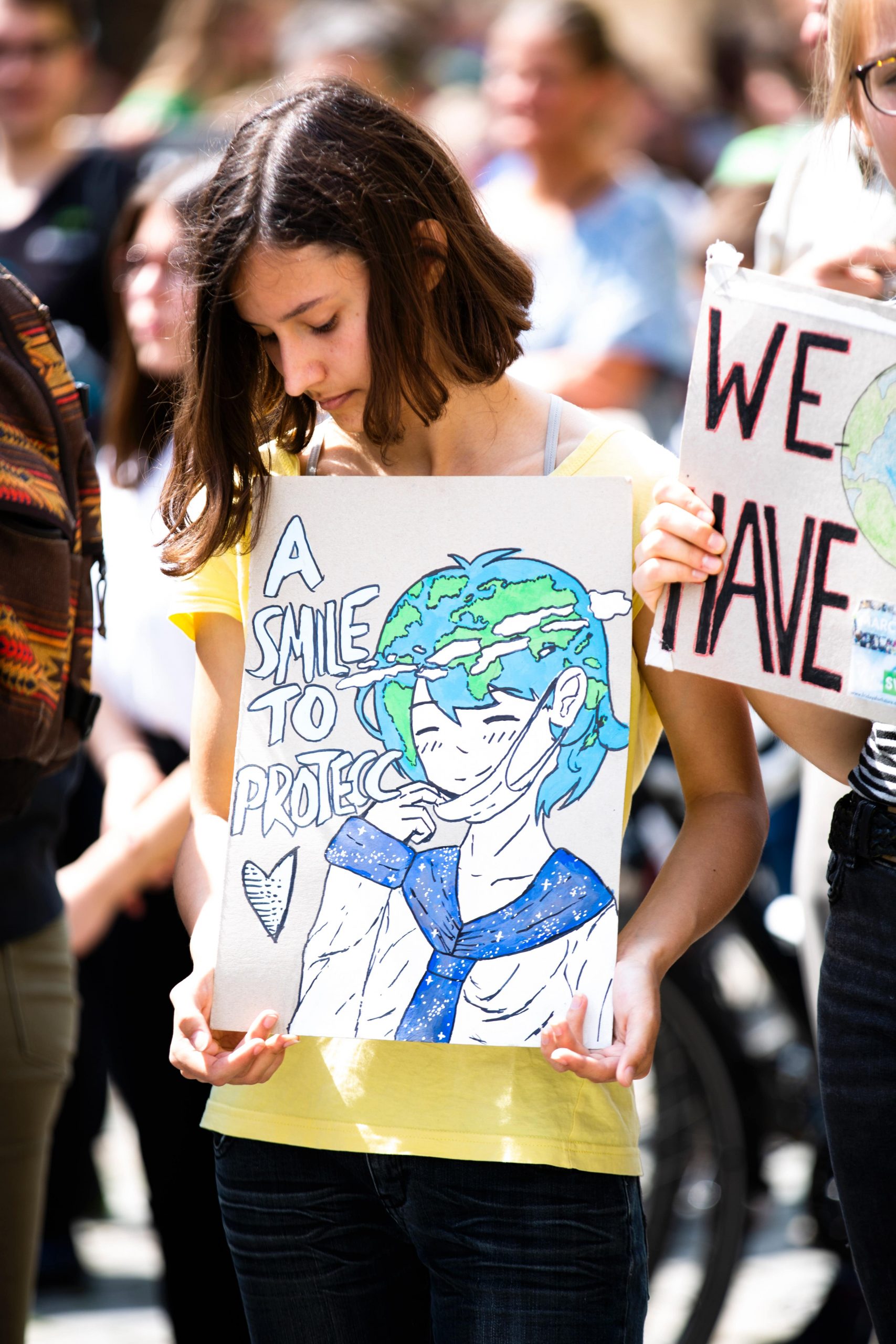


With the proliferation of mobility schemes at local, national and international level, young people are looking to these enriching experiences to help them acquire civic and professional skills.
But this has one important consequence: the misuse of transport has a major impact on our ecological footprint, and on global warming in general.

This is the proportion of mobile students who take environmental impact into account in their choice of transport.
Source : Green Erasmus report, 2022. A. Diekmann & G. Karaiskos
https://greenerasmus.org/documents/GE-report.pdf
The aim of this project is therefore to establish an exchange between young people and political decision-makers, to raise awareness of the issue of ecomobility among higher education establishments, regions and national policies, and ultimately to encourage reflection in this area.
This collective approach has resulted in 10 proposals for sustainable mobility, put together by around twenty students during an ‘advocacy and citizens’ jury’ workshop.

The project, based on the structured dialogue method, brings together young people, political decision-makers and experts in sustainable mobility to discuss and reflect on a particular area. Over this 16-month period, the 150 participants met several times to give young people a voice and develop concrete proposals.
The project is divided into several phases, culminating in a presentation to decision-makers on 12 March 2022:
The event on 12 March took the form of round tables at which the young people had the opportunity to present the 20 proposals they had drawn up to political decision-makers, followed by a discussion and debate with professionals and experts from the sustainable mobility sector. The ultimate aim was for these proposals to influence political decisions and lead to possible reforms.
This is the proportion of mobile students who take environmental impact into account in their choice of transport.
Source : Green Erasmus report, 2022. A. Diekmann & G. Karaiskos
https://greenerasmus.org/documents/GE-report.pdf
The aim of this project is therefore to establish an exchange between young people and political decision-makers, to raise awareness of the issue of ecomobility among higher education establishments, regions and national policies, and ultimately to encourage reflection in this area.
This collective approach has resulted in 10 proposals for sustainable mobility, put together by around twenty students during an ‘advocacy and citizens’ jury’ workshop.

The project, based on the structured dialogue method, brings together young people, political decision-makers and experts in sustainable mobility to discuss and reflect on a particular area. Over this 16-month period, the 150 participants met several times to give young people a voice and develop concrete proposals.
The project is divided into several phases, culminating in a presentation to decision-makers on 12 March 2022:
The event on 12 March took the form of round tables at which the young people had the opportunity to present the 20 proposals they had drawn up to political decision-makers, followed by a discussion and debate with professionals and experts from the sustainable mobility sector. The ultimate aim was for these proposals to influence political decisions and lead to possible reforms.